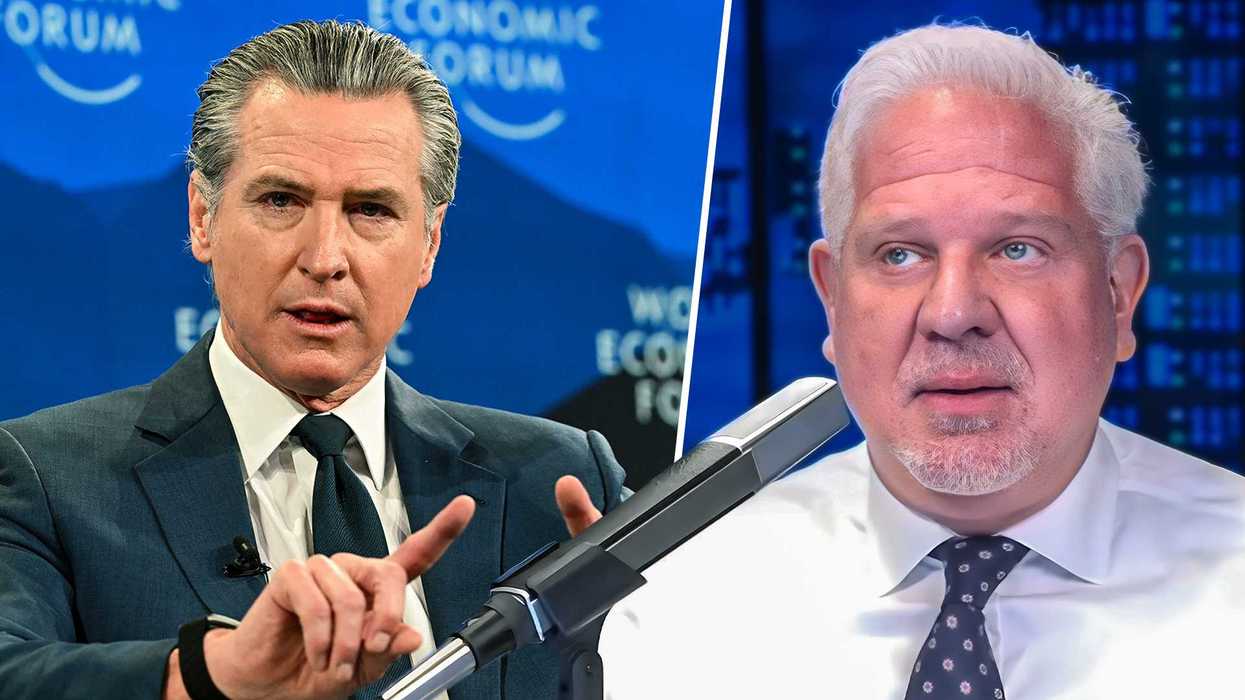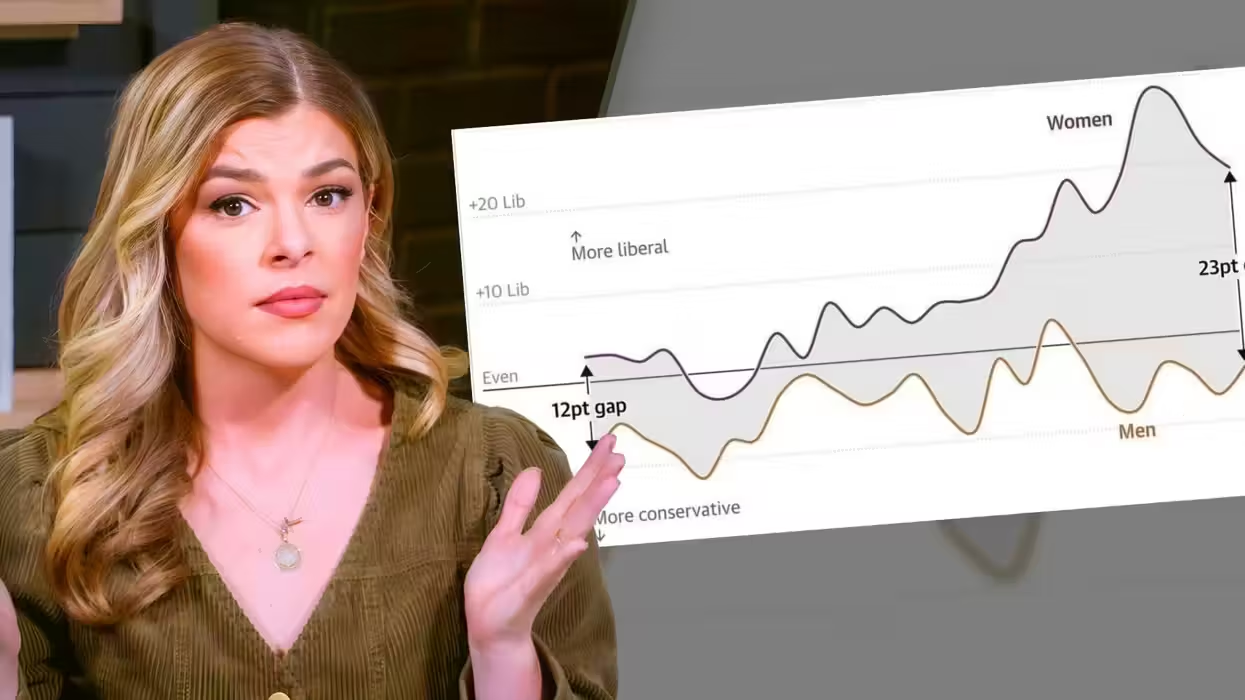
© 2026 Blaze Media LLC. All rights reserved.
"...hoping to increase its financial resources from $940 billion to at least $1.3 trillion..."

The International Monetary Fund may be hoping to increase its financial resources from $940 billion to at least $1.3 trillion, according to a newspaper report out Monday.
The German newspaper Frankfurter Allgemeine Zeitung said two "models" were currently being examined to increase the IMF's resources, without stating its source.
It follows comments on its lending capacity by managing director Christine Lagarde in an action plan released Saturday.
"Our lending capacity of almost $400 billion looks comfortable today but pales in comparison with the potential financing needs of vulnerable countries and crisis bystanders," Lagarde said.
But before the quota reform can take effect, a sufficient number of national parliaments must ratify it. About 40 have done so, of the 113 needed.
"It will be useful to discuss, soon, the needs and contingency options," she added.
The plan to increase the The European Financial Stability Facility resources is the crucial part of a three-pronged strategy being designed by German and French authorities to stop the eurozone's debt crisis spiraling out of control.
Two important points: this newest plan includes a large-scale recapitalization of European banks and a plan for an "orderly" Greek default.
Recapitalization can be done for a number of reasons: ensuring against a hostile takeover, minimizing tax losses or implementing an exit strategy for venture capitalists. Companies often want to diversify their debt-to-equity ratio to improve liquidity (the degree to which an asset or security can be bought or sold in the market without affecting its price).
A good example is when a company issues stock in order to buy back debt securities, thereby boosting its proportion of equity capital as compared to its debt capital.
However, what Lagarde and the IMF are most likely advocating is a “leveraged” recapitalization of the banks, that is, a change of the capital structure of the banks by substituting equity for debt by issuing bonds to raise money, and by using that money to buy the company’s stock or to pay dividends.
Restructuring a bank using this method involves a deposit insurance fund, as in a bailout of a failing bank, where the insurance fund pays the acquiring bank the difference between the book value of a troubled bank’s assets and the estimated market value. The insurance fund may also take an equity position in the restructured bank.
This is a sticky situation to get into because leveraged recapitalization in a bank increases its liabilities (because of the extra debt) while reducing its equity.
Timothy Geithner, the US Treasury Secretary who proposed an increase to the The European Financial Stability Facility at the Ecofin meeting on September 16, said that the sovereign debt pressures and banking strains in Europe were "the most serious risk now confronting the world economy," reports the Telegraph.
Larry Summers, Barack Obama's former chief economic adviser who was attending his 20th IMF meeting, said: "I have not been at a prior meeting at which matters have had more gravity."
A November 2010 agreement doubled the permanent contributions, or quotas, of the IMF's member states.
According to the Telegraph, Christine Lagarde said that the priority of international authorities this week must be "implementation, implementation, implementation" of the bail-out agreement of July 21.
The Associated Press contributed to this report.
Want to leave a tip?
We answer to you. Help keep our content free of advertisers and big tech censorship by leaving a tip today.
Want to join the conversation?
Already a subscriber?
more stories
Sign up for the Blaze newsletter
By signing up, you agree to our Privacy Policy and Terms of Use, and agree to receive content that may sometimes include advertisements. You may opt out at any time.
Related Content
© 2026 Blaze Media LLC. All rights reserved.
Get the stories that matter most delivered directly to your inbox.
By signing up, you agree to our Privacy Policy and Terms of Use, and agree to receive content that may sometimes include advertisements. You may opt out at any time.






